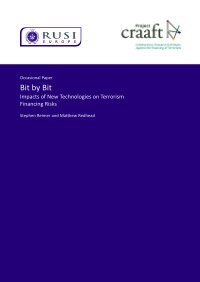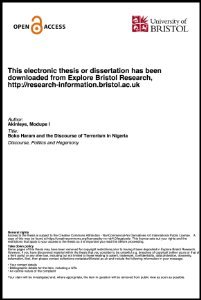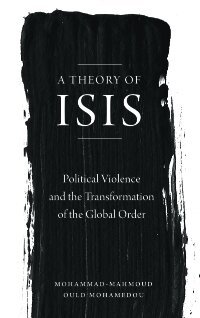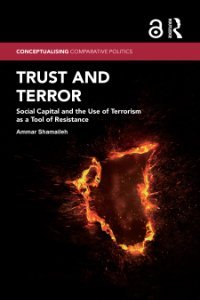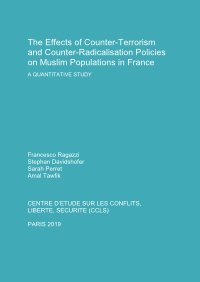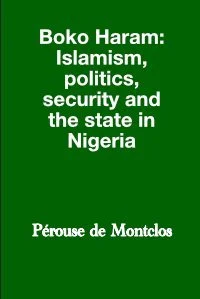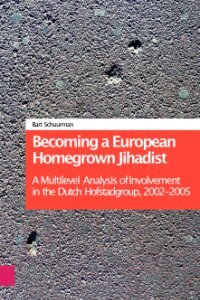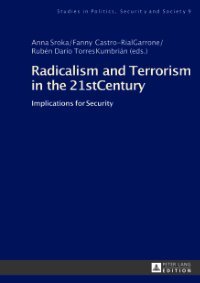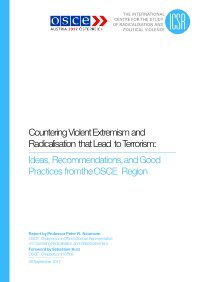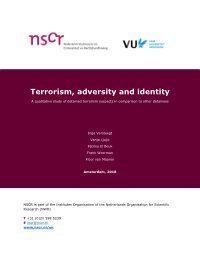By Raffaello Pantucci
The troublesome question of how and whether to consider what are commonly referred to as Lone Wolf terrorists within the broader roster of terrorist groups is something that has regularly confounded security analysts for a variety of reasons. This article attempts to create some sort of typology to start to define the group, with specific reference to the instances of Lone Wolves (or Lone Wolf Packs, an admittedly paradoxical choice of words that is defined in the article as small, isolated groups of individuals involved in terrorism) who claim to adhere to an extremist Islamist ideology. The article offers four subsets to the definition, drawing upon a detailed analysis of a variety of different plots in Europe and North America: Loner, Lone Wolf, Lone Wolf Pack, and Lone Attacker. The purpose of the article is to offer some preliminary thoughts on the issue of Lone Wolves, and start a process towards deeper understanding and closer analysis of the phenomenon. This is of particular salience given the frequency with which security analysts cite the phenomenon as a threat and the increasing way in which Al Qaeda ideologues refer to it.
London: International Centre for the Study of Radicalisation (ICSR), King's College London, 2011. 63p.




